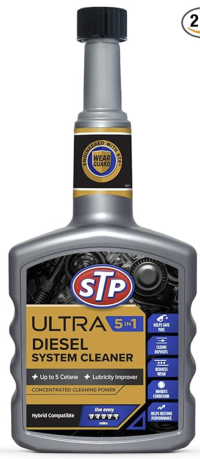D
Dill Tart
Dilltart
Lifetime VIP Member
67 plate 204 4Motion, 57,000 miles. We have had the usual EML appear in the past, even on long continental trips, we fill up every 2-3 tanks with the higher grade diesel to minimise problems.
After 3 EGR flushes by VW and new improved pipework fitted the light appeared after a few months, fault cleared, and again, fault cleared and……..again!
We then went to an independent VW specialist who recommended biting the bullet and fitting a new ‘improved’ EGR. After 9 months, you’ve guessed it, our friend the EML was back on the fault cleared 2-3 times and then today after less than 10,000 miles since the new EGR fitted the independent VW garage diagnosed a blocked EGR valve & pipe.
We do mainly long journeys very few short runs but do use the coasting function all the time for MPG reasons, would long periods on tick over cause this? Any advice or thoughts helpful.
After 3 EGR flushes by VW and new improved pipework fitted the light appeared after a few months, fault cleared, and again, fault cleared and……..again!
We then went to an independent VW specialist who recommended biting the bullet and fitting a new ‘improved’ EGR. After 9 months, you’ve guessed it, our friend the EML was back on the fault cleared 2-3 times and then today after less than 10,000 miles since the new EGR fitted the independent VW garage diagnosed a blocked EGR valve & pipe.
We do mainly long journeys very few short runs but do use the coasting function all the time for MPG reasons, would long periods on tick over cause this? Any advice or thoughts helpful.
















